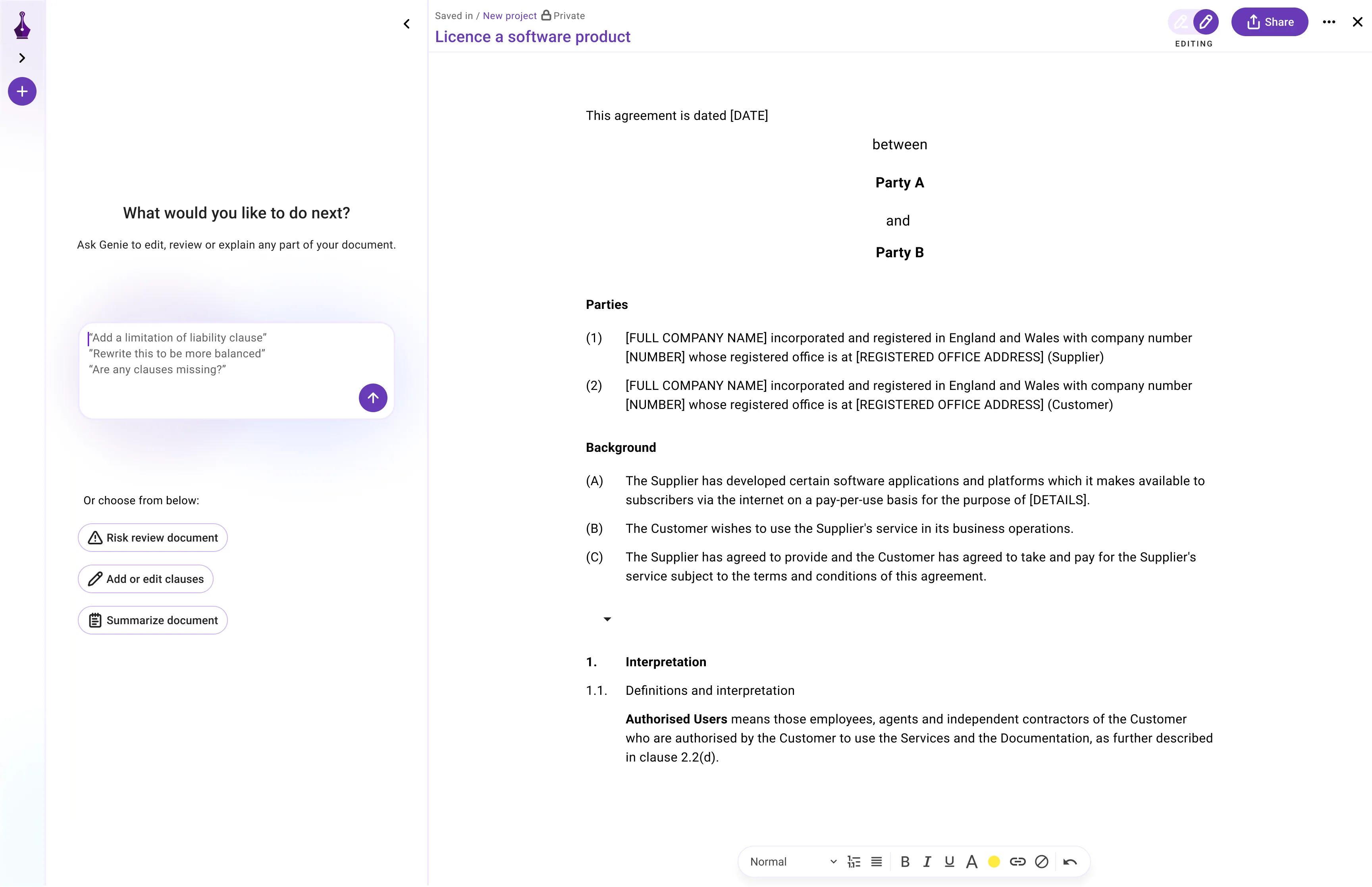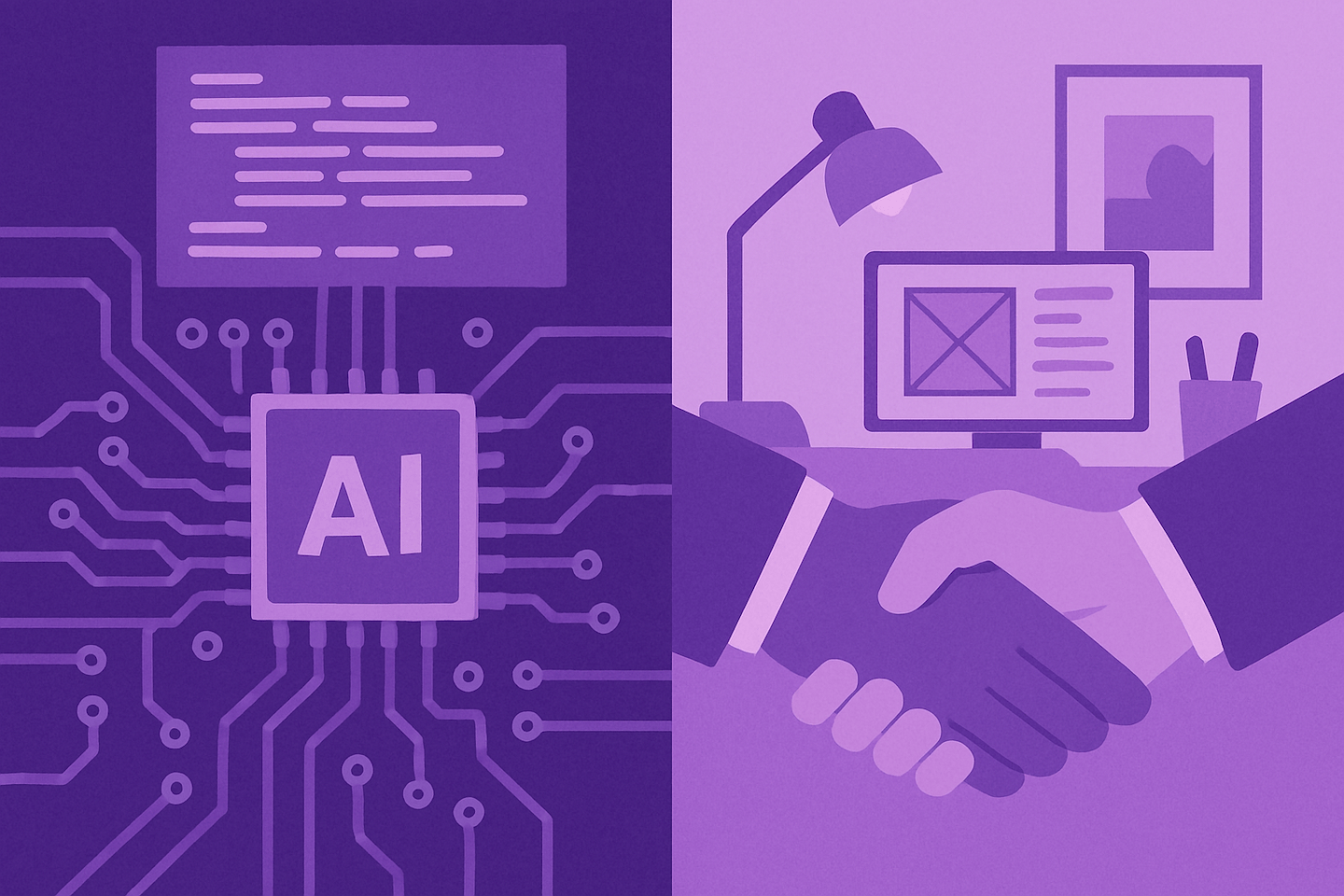.jpeg)
For a novice to the law looking at human rights abuses, things can seem quite black and white: someone in a position of power carries out obviously unreasonable acts upon those with no power to protect themselves. For example, the border official who demands bribes, the prison guard who physically assaults prisoners, the dictator who silences his critics through imprisonment. Those who live in countries with developed, responsible bureaucracies bound by rules and process have the privilege of going about their days without a second thought for breaches of the law. But such civic machinery comes with a price and can impose subtle harms on a country's citizens - those of complexity, indirection, cost, delay and indifference.
This harm takes the form of a dysfunctional bureaucratic system indifferent to individuals, leaving them unable to effectively interact with the state. People can find themselves shuffled backwards and forwards between different departments, departments often concerned with the pressures of doing a job rather than empathising with and supporting the individual. Organisations can - and often do - impose their own agendas quite at odds with the individuals interacting with them; so, the Crown Prosecution Service will see a victim of crime as a witness owing responsibilities to the state as much as a victim deserving of justice. When the people trapped in these systems start asserting themselves, they may find they’re faced with busy professionals who are steeped in the knowledge of their roles and who choose to resolve arguments with impoliteness, misrepresentation of their own responsibility, or statements of authority.
Most people will have experienced this sort of "bureaucratic failure" on a small scale: the impossibilities caused by losing your log-in details or, even worse, your bank card, or the complexities of understand and signing contracts. But these mild frustrations take on an entirely different character when they become about something that genuinely affects you: when you apply for a visa, when you are seriously injured, when you are accused of a crime, to name a few. And in that circumstance, you find yourself in a situation where these vitally important parts of your life - your ability to move freely, your health, your freedom - are seemingly in the hands of a system completely indifferent to you.
A vivid example of how this can play out appears in former Lord Chief Justice Tom Bingham's book The Rule of Law. Bingham gives the example of a man prosecuted for a crime that no longer existed, a man who only avoided prosecution when a lawyer, aware of the change in legislation, happened to read the Court of Appeal's draft judgment that had - in error - upheld the lower court's decision. That the Court of Appeal barely caught this and correctly interpreted the law does not bode well for those of us without legal training.
Kafka went some way to describe this situation almost a decade ago in his novels The Castle and The Trial, in which a man is tried and put to death for a crime that he never discovers. Given the above you might ask how different our state is in the worst cases. And this sort of "distributed indifference" effect can cause significant damage to the individual - a profound effect now being recognised in the fields of psychology and sociology. We're now seeing research about how the "epistemic violence" of being ignored and misunderstood can damage an individual, rendering them simultaneously unable to understand their own situation, or be understood by others.
So what can be done about this?
Firstly, we must appreciate that some of this structure is necessary. We must acknowledge that it is better than the alternative, and that, while slow, costly, and occasionally wrong, our legal system does often provide justice regardless of status. The traditional approach of law does provide solutions. A competent lawyer, or advocate in another area, understands how a system is meant to behave in theory and how it behaves in practice. They also know how best to resolve the situation when it fails, be it through formal or less direct social processes, or facilitated through social skills.
But competent lawyers are in short supply, and obtaining one can be expensive and time consuming. At times it can even be an intimidating process. This is where technology has a role; and new, innovative tech can improve the law like it has improved other areas.
In other words, we need to empower individuals through technology. Using artificial intelligence lawyers can increase their reach and efficiency whilst streamlining their workloads. With AI, they can more easily find the materials they need, more easily interact with their clients, and simply automate less complex areas of their work. Those in need of a lawyer can also find improved efficiency - with access to tools helping them understand the law, empowering them to handle matters themselves, identifying when they need a legal support and explaining how to interact with a lawyer.
Some of these changes have already started: lawyers have embraced email and computational access to case law, and organisations like BAILII give case law access direct to individuals. But the advent of technologies enabling computers to understand language, technologies used by firms like Facebook and Google, brings the possibility to create a step change.
This is where we come in. Progressing that step change through our work in transactional contract law using the recent arrival of powerful natural language processing models, we're de-mystifying contracts and giving individuals the tools they need to empower their own legal needs. This area of "transactional law" is perhaps at a distance from the areas of criminal and administrative law that I cite here, but this represents a start. A start to exploring how deep technology could improve the law one area at a time.
If you want to know more about our technology, how it's changing transactional law and how it can be used across other areas, if you find yourself in need of legal support when drafting or if you need a helping hand in understanding contracts, join our Genie Community and be part of the change.
Photo by Tangi Bertin on Unsplash
.png)


.png)



